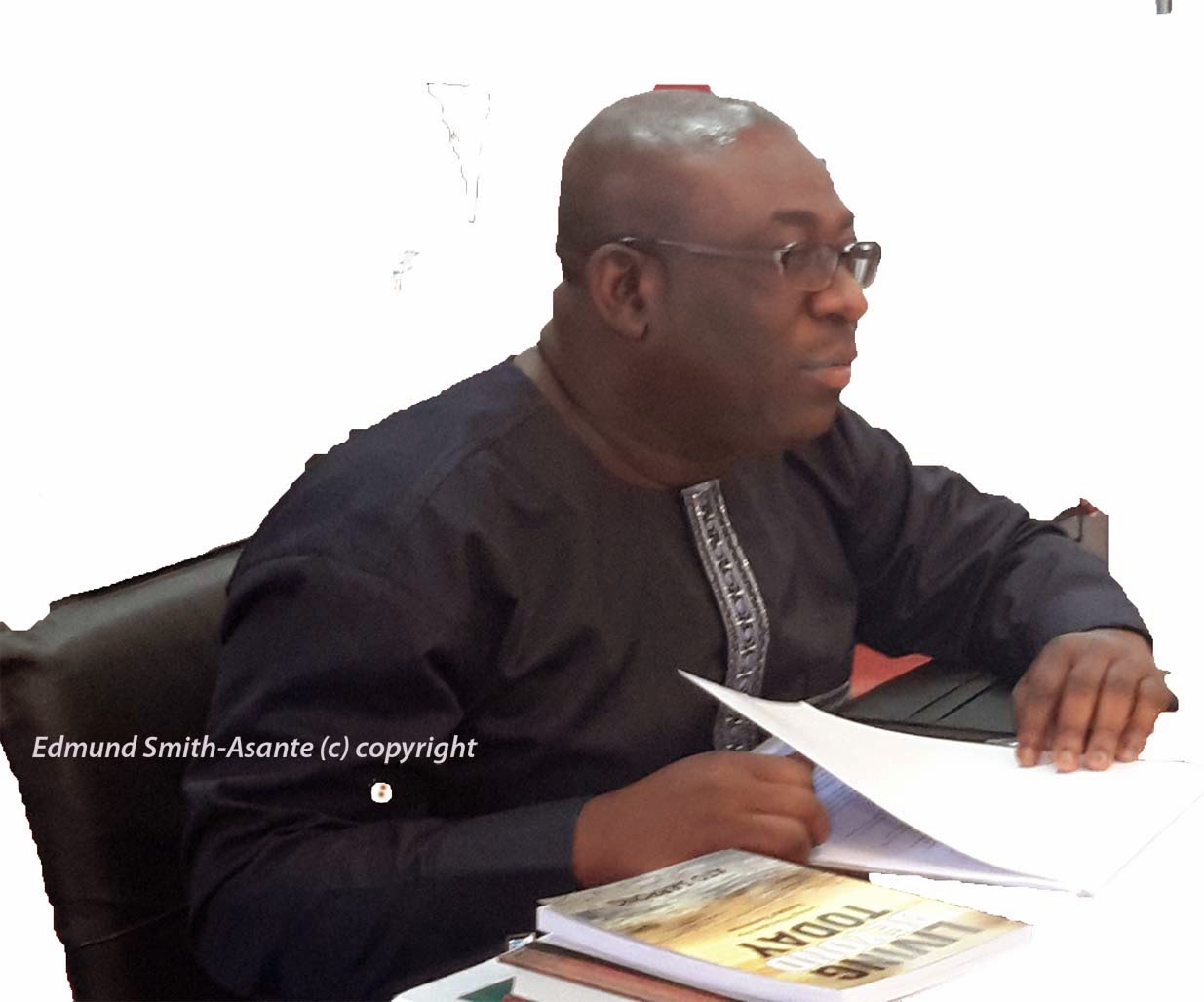World Bank bans two companies for engaging in corrupt practices
BY EDMUND SMITH-ASANTE
The World Bank Group has taken anti-corruption enforcement to a new level, by announcing the debarment of two companies and, separately, the first-ever World Bank cross-debarments of firms, for engaging in corrupt and fraudulent practices in development projects.
The companies are Kwaplah International Trading Co., Inc., a U.S.-based company, and its owner, Mr. Sherlock Mahn, together with any organisation they directly or indirectly control, who have been debarred for 12 years for engaging in corrupt and fraudulent practices in Bank-financed projects implemented in the Democratic Republic of Congo, Tanzania, Ethiopia, Ukraine, Ghana, Gambia and Liberia.
According to a press statement numbered 2011/213/INT which announced the debarment, this is the second-longest since the Bank began sanctioning firms in 1999. The statement said, in making its decision, the World Bank’s Sanctions Board took into account the multiplicity of sanctionable practices committed by the company among other considerations.
The second company is Elkri, which has been debarred by the World Bank Sanctions Board for three years, for engaging in fraudulent practices in a Bank-financed project in Albania. However, the statement says the debarment may be reduced to two years upon implementation of an effective corporate compliance programme.
It continues that the rulings are eligible for cross debarment under the April 2010 Agreement for Mutual Enforcement of Debarment Decisions entered into by the African Development Bank Group, Asian Development Bank, the European Bank for Reconstruction and Development, the World Bank Group and the Inter-American Development Bank Group.
Under the agreement, entities debarred by one multilateral development bank (MDB) may be sanctioned for the same misconduct by other participating development banks, which translates into collective enforcement action.
Based on that agreement, the World Bank also announced its first cross-debarments, sanctioning 12 companies previously debarred by the Asian Development Bank for engaging in fraudulent and corruption practices in some of their projects.
Making the announcement on the eve of the International Corruption Hunters Network meeting, which took place Monday, December 6, 2010 at the World Bank’s headquarters, Leonard McCarthy, World Bank Vice President for Integrity (INT), said “these enforcement actions are timely, coming as they do just before our meeting next week with the International Corruption Hunters Alliance. Our hope is that the Alliance will facilitate our investigations and increase their impact to further eliminate fraud and corruption risks impacting development resources.”
“An important item on our agenda is stepping up enforcement action as part of a global enforcement regime. These are examples of cases that could be scaled up with the support of Alliance members, given the network’s multi-jurisdictional impact,” he said, adding that managing fraud and corruption risks is a prominent feature of the World Bank Group’s Governance and Anticorruption (GAC) agenda.
According to Mr. McCarthy, the Sanctions Board’s decision has laid down some brightline rules, following an extensive INT investigation that crossed multiple jurisdictions. “Companies and individuals who misuse development resources should know that, together with our partners, we are stepping up the fight against fraud and corruption, and they will be caught,” he warned.
The World Bank Vice President for Integrity submitted further, that “since the signing of the Cross-Debarment agreement earlier this year, INT has worked diligently with our MDB partners to ensure that enforcement is not delayed,” adding, “This enforcement action is sending a very powerful signal of how the global anticorruption landscape is fast forwarding. This progress cannot be reversed.”
Over 200 anti-corruption officials from more than 40 countries met for the first time at the World Bank’s headquarters in Washington from December 6-8, 2010 as members of a network, to help facilitate the investigation and prosecution of corrupt actors, including those who defraud World Bank projects.
The meeting of the International Corruption Hunters Alliance, which flows from regional networks of anticorruption enforcement personnel the World Bank established over the past two years, was to enable officials from developing countries to interact with counterparts from OECD countries, share information, and work toward a global enforcement regime.



Comments
Post a Comment